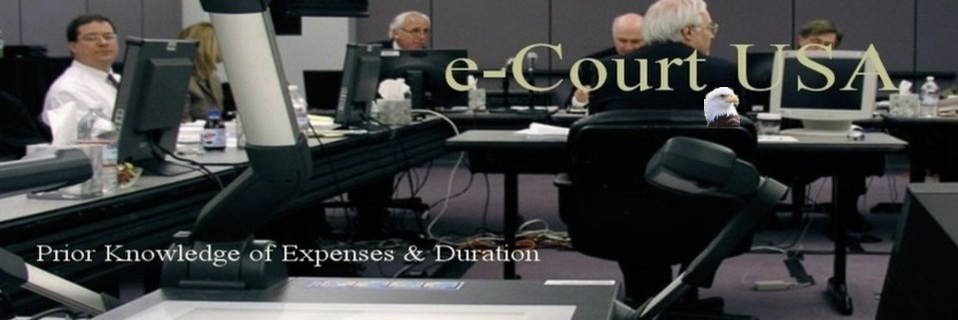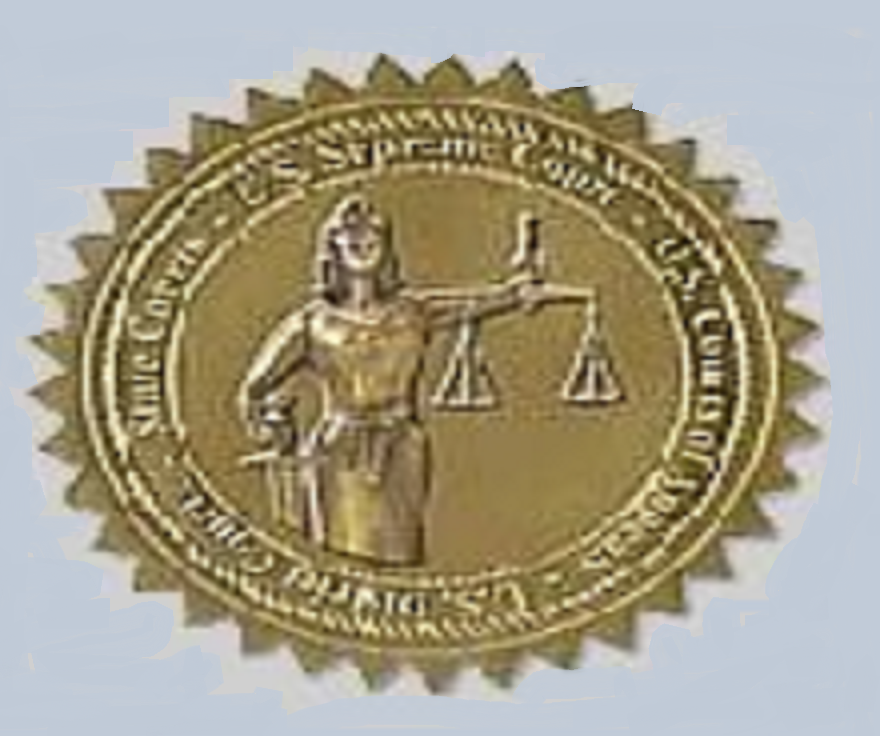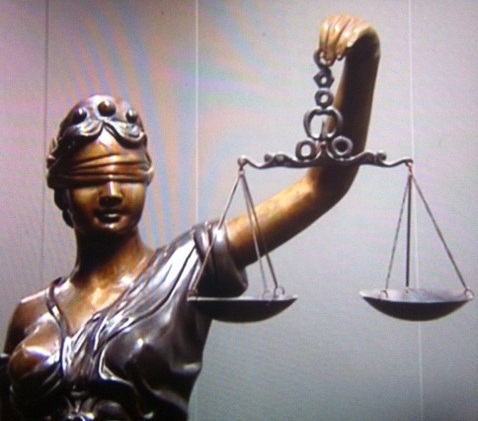Where are courts heading? Three things are converging that are likely to cause seismic shifts in the way they function. It’s a pity that those shape and run courts don’t seem to be aware.
First, there is a financial crisis; acute and big. Everywhere – the Eurozone, the US, Canada, Australia – government budgets are being cut and court budgets are not being left out. “If you think 2013 was bad, you don’t want to see 2014” a senior official of the Dutch Ministry of Justice recently told me. The message from the ministries of finance: do more with less. Economists tell us this will last for at least another three to four years. Business models of courts services need to be re-examined: faster procedures, quicker decisions, fewer decisions, more self-help, more automation. Beyond court budgets, budgets for the infrastructure around courts are also suffering. There is pressure on legal aid, on prison and correction services, and on what clients are willing to pay for a lawyer. Rigorous decisions are being forced upon managers and policy makers, for example in the UK, where drastic legal aid proposals are being put forward by the government or in The Netherlands, where the prison system is undergoing a drastic overhaul. Law firms need to rethink what they do because clients are no longer willing or able to cough up the fees of 2008.
Then, there is the e-(r)evolution. The citizens of today are not the citizens of twenty years ago, in a very fundamental way: there are now more e-people than a-people. Analogue people want to fill in a form and send it by mail, they will physically go to court if asked, they readily navigate based on the advice of experts, and they do not mind answering the same question a couple of times. E-people abhor all this: they don’t know what a paper form is, they do most of their business from wherever they are and whenever it suits them, they always Google before and while they are talking to experts, and they hate answering a question more than once. E-people are also changing fast. I consider myself an e-person, but I am very different from my 18-year-old daughter who never tires of telling me that email is incredibly 2010. The wave is about to become a tsunami. Fast.
E-people want to log into an easy to use conflict resolution system. They don’t really care whether it is national or international, public or private: as long as it works. And, generally, they have creative and effective ways to find out whether that is the case or not. They hate rigid, ‘one-path-only’ systems and want to be recognised, understood, proactively informed, and part of the decision making process for a hearing date. What makes e-people even worse: if government does not give them the service they want, they have the power and ability to set it up themselves. E-Bay and Pay Pal have conflict resolution e-systems that satisfy tens of millions of customers each year. It raises the question: why do states spend so much money on consumer courts?
Thirdly, our knowns and known-unknowns are changing very rapidly. “Most of what we know about the brain was discovered in the past five years”, a lecturer at the IMD in Lausanne told me a few years ago. He was teaching about memory (much more unreliable than we thought), choice (there are a shocking number of biases) and decision-making (people don’t optimize choices). The idea of the ‘rational man’, always choosing what serves his best interest and who can be influenced to choose what is ‘right’ based on that, is out the window. There are people with ADHD, neuro-disorders, and depressions. “Is your legal system ‘neuro-compatible?”, asks David Eagleman of Baylor College of Medicine. This is affecting our understanding of justice. How people experience it. What factors it is composed of. What parts of the brain those factors relate to. With that, we are getting the ability to measure whether justice delivery institutions are really doing what they promise. In short: justice is being demystified. We are moving from Augustine to biology, neurology, psychology, and social science
When financial parameters, clients’ behaviour, and knowledge all fundamentally shift at around the same time, something is bound to happen. The CD shops that continued to sell CD’s in the high street are gone: CD’s are too expensive, people prefer to select their own songs, and technology allows small start-ups to deliver music directly to people’s homes. It all happened in a decade, with most of it in the past 4 years.
Still, in this withering storm, courts, ministries of justice, and the inhabitants of the court ecosystem generally seem to be quite happy being CD shops. There are small bubbles of innovation here and there, but it is not structural and not very deliberate.[1] Change, if proposed, is quickly driven exclusively by a desire to save costs. Rules and interests box in change. The art of innovation in the justice sector is badly understood. It often feels a bit like making better, affordable shoes rather than bikes and cars in response to a desire by the market to be able to go from one place to another in a faster way.
It’s time to think big and different about courts and the tremendously important service they provide to society. Politicians: we need justice innovation leadership. Big and consistent vision. A structurally innovation-enabling environment. Court leaders: give us creativity founded in all the justice your profession has given to society up to know, but not bound by that. Researchers and civil society organisations: help us understand justice needs, justice as a product, and making what you learn actionable. Entrepreneurs: invest and help us wrap justice in good business models. Justice is a cool product.
There is a saying: “never waste a good crisis”. If there ever was a time to push through great ideas, both because they are badly needed and tremendously possible, now’s the time.

















